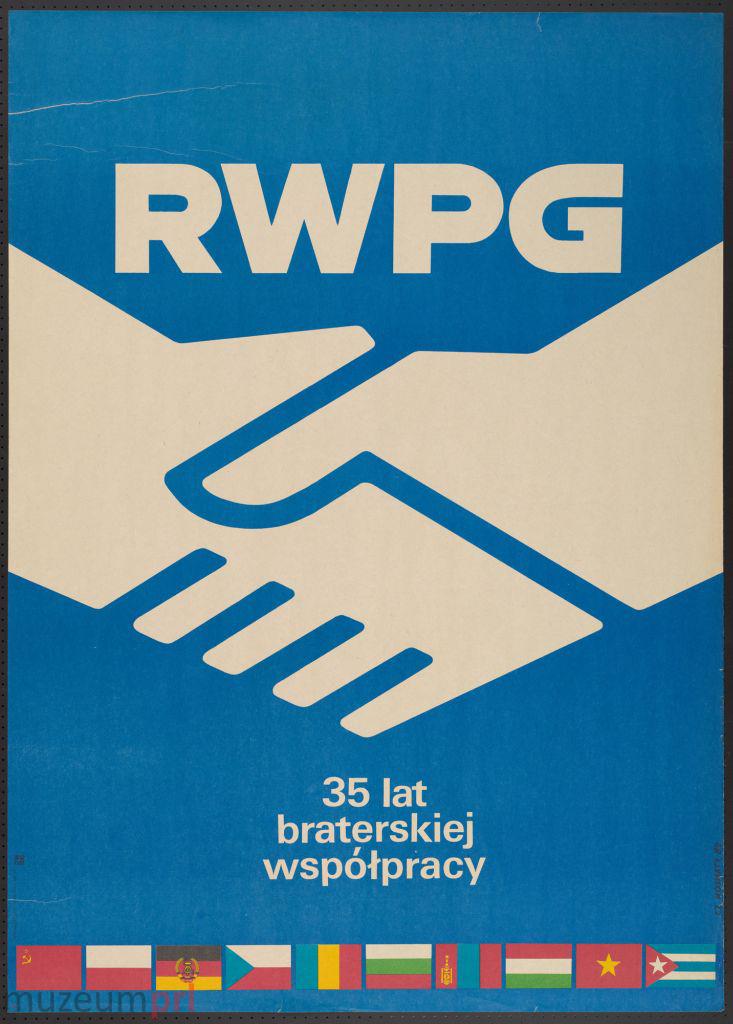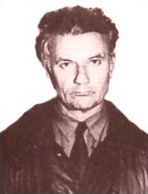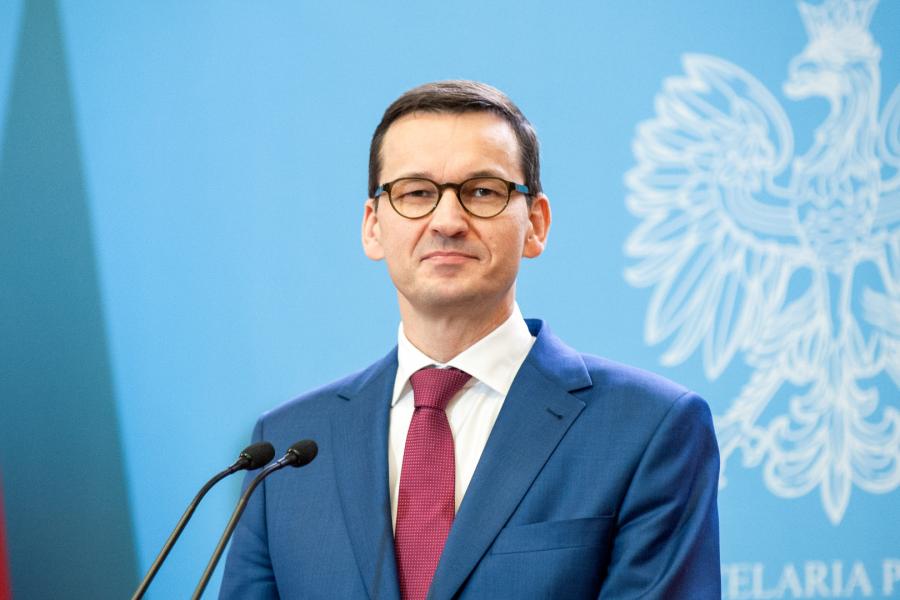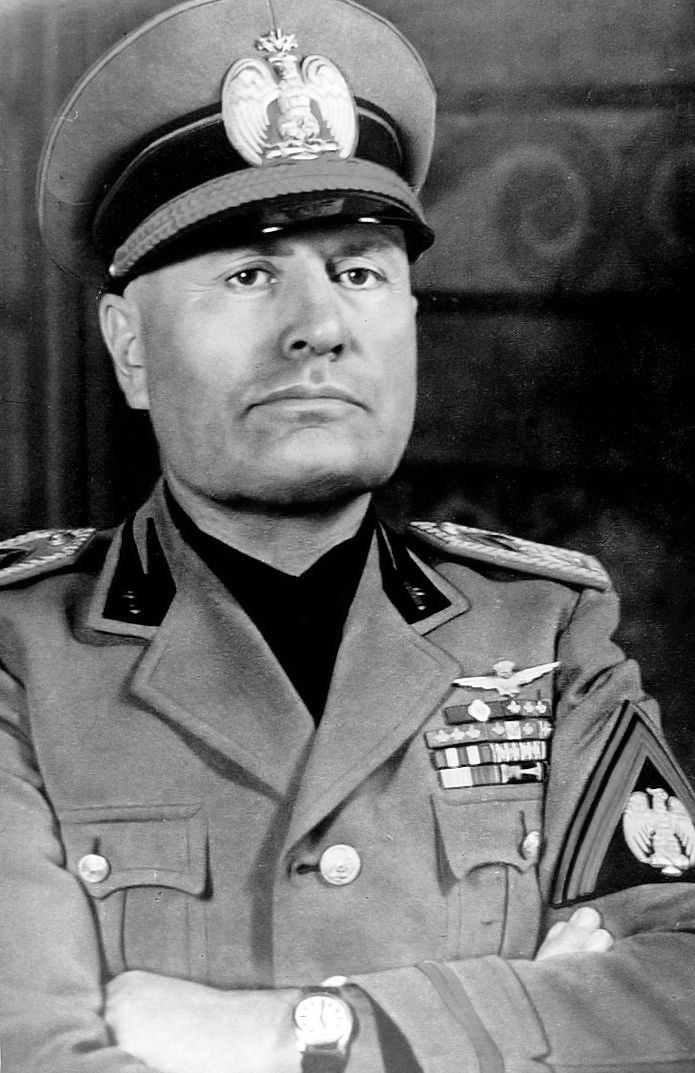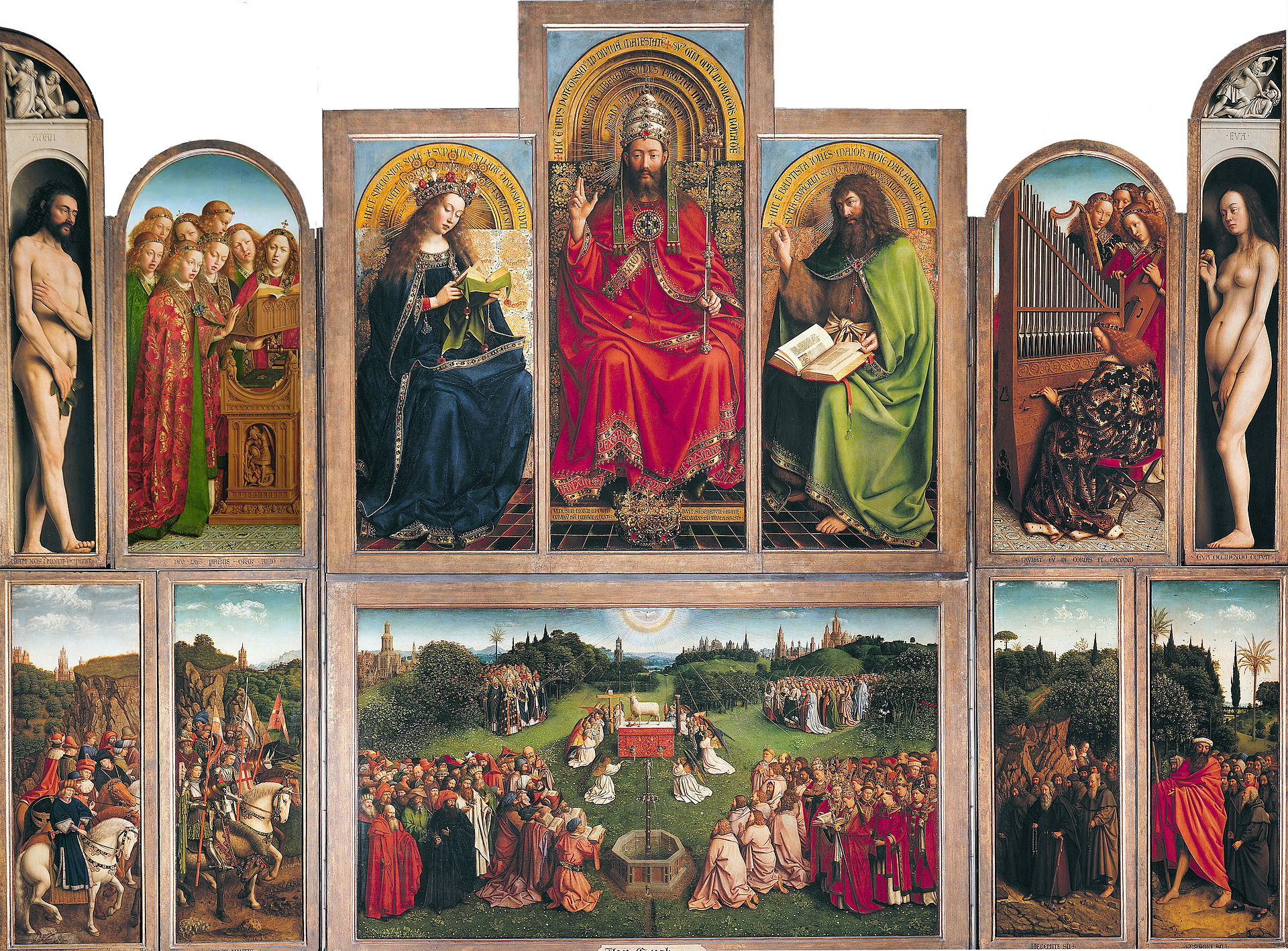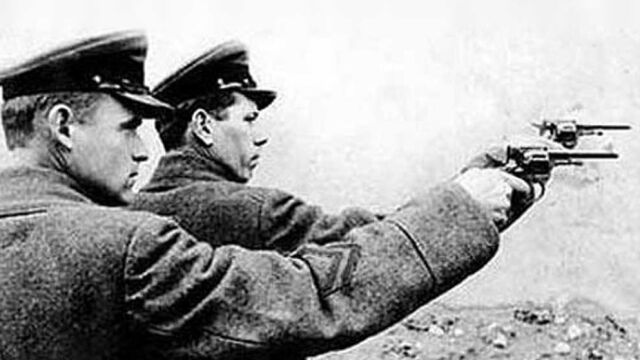 NKVD
NKVD
NKVD or People's Commissariat of Internal Affairs of the USSR. It is a central state body, which is part of the Council of People's Commissars of the Government of the USSR. At the beginning of its activity, the scope of activities was related to administrative and organizational matters. In year 1934 The scope of activities of the NKVD was expanded, which led to the Great Purge in the years 1936-1939. criminal militias were introduced, counterespionage, army, judiciary. A system of concentration camps and forced labor emerged.
In the common understanding, the NKVD was synonymous with the great crimes committed by the Soviets. The police station was a tool for great repression against citizens, but also of other nationalities. Poles were most affected by the Katyn massacre in 1940 year. They were held in concentration camps, for example in Majdanek. A total of approx 35 thousands. NKVD in 1938 – 1941 cooperated with the Gestapo in the liquidation of the underground and political opposition in the territories occupied by the USSR and the Third Reich.
Joseph Stalin thanks to his secretariat, headed by Aleksander Poskrebyszewski oversaw the NKVD. Thanks to Alexander I, Georgij Malenkov, he analyzed the reports from the reports. At that time, the People's Commissariat of Internal Affairs consisted of as many as seven powerful boards. They were GUGB - the Main Board of State Security, The Main Board of the Workers 'and Peasants' Militia (GURKM), Main Board of Border and Internal Protection (GUPWO), Chief Fire Protection Board (GUPO), Main Board of Education Obozowa Pracy and Employment Estates (Gulag), Administrative and Economic Board (HIT) and the Registry Department (OAGS).

